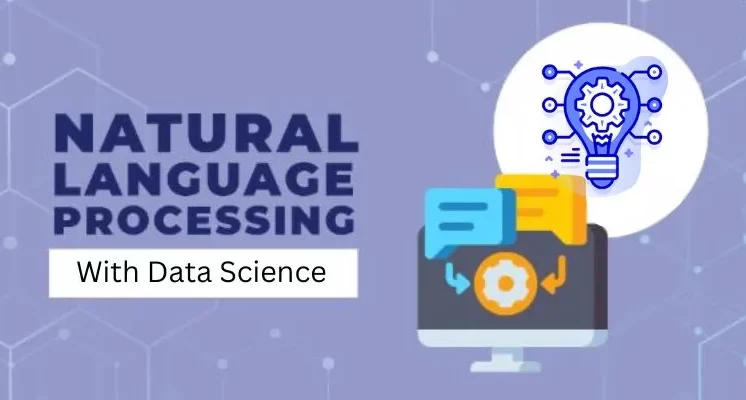What Role Does NLP Play in Data Science?

In the vast landscape of data science, one of the pivotal players revolutionizing how we interact with and derive insights from data is Natural Language Processing (NLP). NLP is a subset of AI that important on the interaction between computers and human languages. In this blog, we will delve into What Role Does NLP Play in Data Science, unlocking new possibilities for understanding, interpreting, and utilizing vast amounts of textual data. Are you looking to advance your career in Data Science? Get started today with the Data Science Course in Chennai from FITA Academy!
Understanding NLP in Data Science
NLP in data science involves the utilization of algorithms and models to enable machines to comprehend, interpret, and generate human-like text. This extends beyond simple language translation; NLP enables computers to grasp context, sentiment, and meaning from textual data, opening doors to a wide array of applications.
NLP Roles in Data Science
Sentiment Analysis and Opinion Mining
One of the prominent applications of NLP is sentiment analysis, where algorithms are trained to determine the sentiment expressed in a piece of text—whether it’s positive, negative, or neutral. In the realm of data science, this capability is invaluable for businesses seeking to understand customer opinions, gauge public perception, and make data-driven decisions based on sentiment trends.
Classification and Categorization
NLP empowers data scientists to automate the categorization of vast amounts of textual data. Whether it’s sorting customer support tickets, news articles, or social media posts, NLP algorithms can be trained to classify text into predefined categories. This automation significantly accelerates processes that would be time-consuming and error-prone if done manually. Learn all the data science techniques and become a Data Scientist. Enroll in our Data Science Online Course.
Named Entity Recognition (NER)
Named Entity Recognition is another crucial aspect of NLP in data science. It involves identifying and classifying entities such as names of people, organizations, locations, dates, and more within a given text. NER plays a important role in information extraction and can be employed in various applications, from news article analysis to legal document processing.
Chatbots and Virtual Assistants
NLP is the driving force behind the evolution of chatbots and virtual assistants. These intelligent systems leverage NLP algorithms to understand user queries language, engage in natural language conversations, and provide relevant information or assistance. In data science, this technology finds applications in customer support, information retrieval, and enhancing user experiences.
Machine Translation
Language translation has been revolutionized by NLP, with applications like Google Translate showcasing the capabilities of machine translation. In data science, this means breaking down language barriers and making multilingual data accessible for analysis, allowing organizations to glean insights from diverse sources across the globe.
In conclusion, Natural Language Processing (NLP) stands as a cornerstone in the field of data science, transforming the way we interact with textual data. Its applications, ranging from sentiment analysis to machine translation, have redefined how businesses derive insights, make decisions, and enhance user experiences. As data science continues to evolve, NLP will undoubtedly remain a driving force, enabling the extraction of valuable information from the vast sea of unstructured text data. Looking for a career in Data Science? Enroll in this Advanced Training Institute in Chennai and learn about Data Science Tools and techniques from experts.